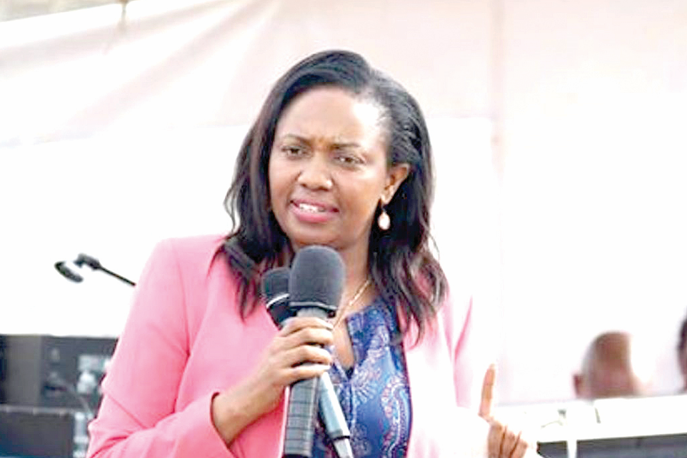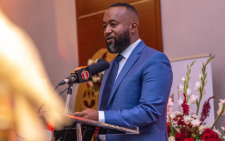Judge allows LSK petition on apex court ban on Abdullahi

A judge has allowed a petition filed by the Law Society of Kenya (LSK) challenging a ban slapped on lawyer Ahmednasir Abdullahi and his associates from making submissions before the Supreme Court.
High Court Judge Chacha Mwita ruled yesterday that his court had the powers to determine the petition, saying that any person who feels their constitutional rights and fundamental freedoms have been violated must be allowed to present their case.
Said Mwita: “The issues raised are under the jurisdiction of this court. The court has a duty to determine whether indeed rights and fundamental freedoms in the bill of rights have been violated or denied through the challenged action.”
Informed decision
He explained that a petitioner is such circumstances should be accorded an opportunity to be heard so that the court can make an informed decision on the issue.
The decision followed an objection filed by the Supreme Court, which was represented by Ochieng Oduol and Kamau Karori. The lawyers had argued that once the apex court makes a decision on a case and an order is issued, the ruling cannot be dealt with by the High Court.
The also argued that if the High Court heard the case, that would amount to subversion of the Constitution, leading to absurdity and subjecting the judicial system to embarrassment.
The matter landed in court after the Supreme Court in January ruled that it had barred Abdullahi and associates of his law firm from making submissions before the court.
Caution ignored
In a statement, the court said explained that the lawyer had relentlessly and unabashedly scandalised and ridiculed the court.
The Supreme Court said: “In view of the foregoing, it is the decision of this Court that henceforth and from the date of this communication, you shall have no audience before the Court, either by yourself, through an employee of your law firm, or any other person holding brief for you.”
The court accused Abdullahi of conducting a campaign in the broadcast, print and social media accusing it and its judges of corruption, incompetence and outright bribery.
It cited its ruling in the case of Republic v Ahmad Abdolfadhi Mohammed and Anor, SC Petition No. 39 of 2018, which Abdullahi criticised the court over its verdict.
Said the court: “You were cautioned that such conduct would in the future not go unpunished. The caution, as recorded in the ruling above, appears not to have had any sobering effect upon you.”










